
The first year of life is an incredibly crucial period in every toddler's development. In the maze of various aids, pseudo-educational toys, gadgets, and "good advice," parents often lose their bearings. Instead, we simply need to return to what is primal and intuitive… How can we support an infant's development, and what truly has the greatest impact on a young child's development?
How to support your baby's sensory development?
From the very first days after birth, we can stimulate our little ones' sensory motor development . Specialized courses or equipment are not required. All it takes is a knowledge of basic principles, a bit of goodwill, and creativity in your approach to your child . Supporting your infant's sensory motor development can be an extraordinary adventure, during which we carefully observe and get to know our child. Everything should be based on a caring, respectful, and accepting relationship—the goal of which is to strengthen the bond and have fun, supporting development.
3 principles of supporting infant development
Conscious support for infant development should be based on three main pillars :
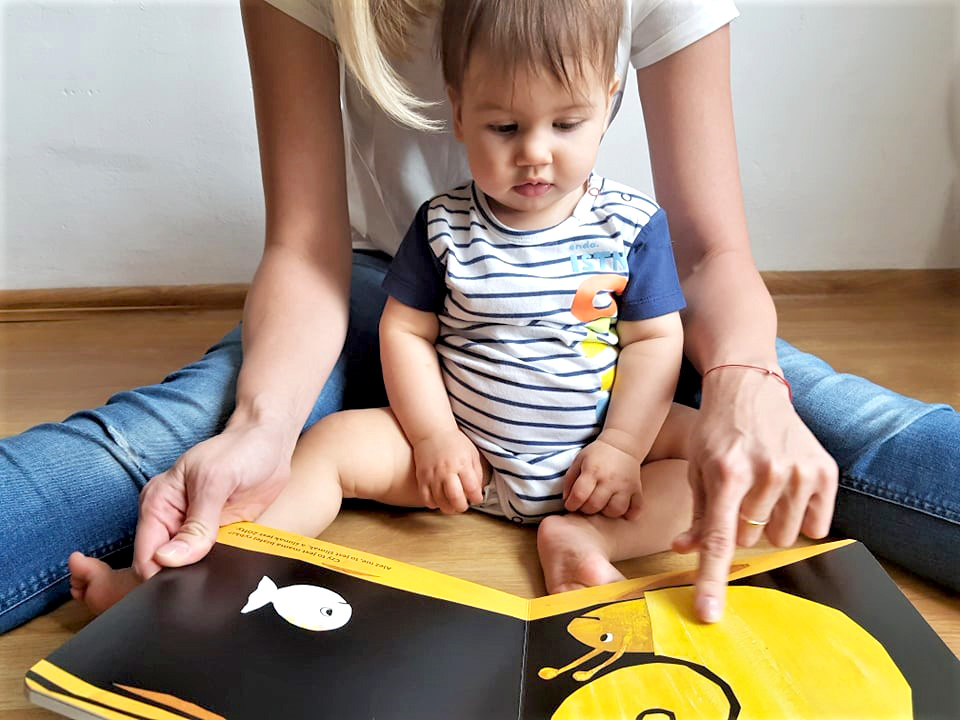
How to support your baby's development - A close relationship with your parent
Daily childcare should be conducted in an atmosphere of peace, love, respect, and full acceptance of others. A child, like the most sensitive barometer, is able to detect the emotions and moods of its parents – if we are upset or worried about something, they will certainly sense it. They may react with crying, anxiety, or problems with self-regulation. Remember to prioritize nurturing the relationship. Without a sense of security and closeness, both mental and physical, we lack the foundation necessary for a child's proper development. Therefore, 'First the relationship, then stimulation!' – this sentence better summarizes the basic principle that parents should follow.
Body "True Miracle" light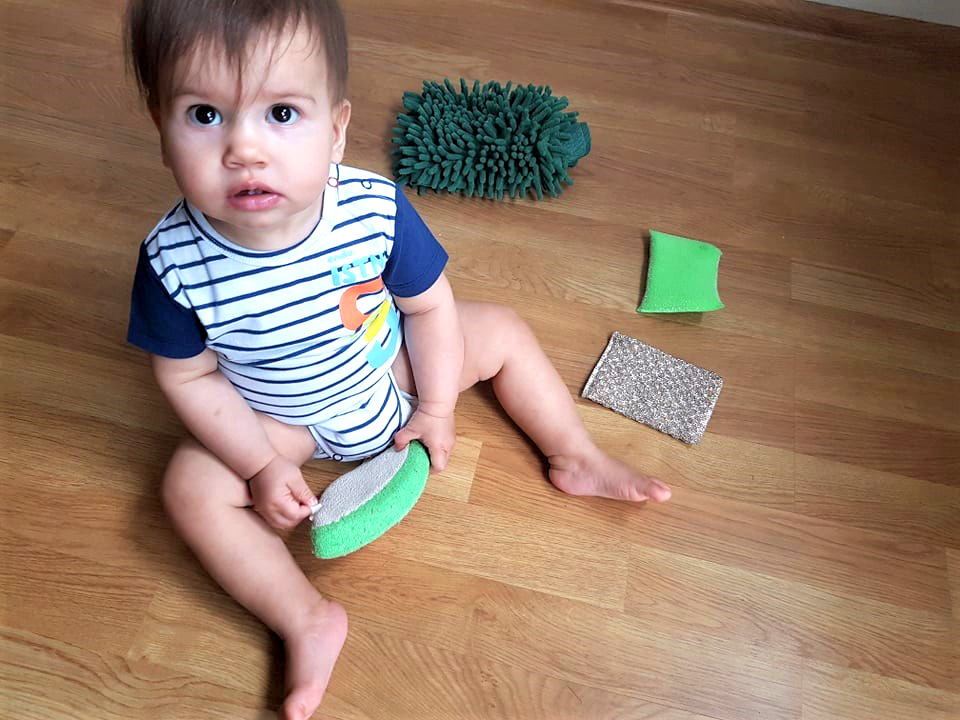
How to support your baby's development - Proper care and nurturing of your baby
Daily care activities should be performed in accordance with the principles of neurodevelopmental care: lifting, carrying, putting down (while properly supporting the child's head), changing diapers, dressing (with proper joint stabilization), and bathing the infant. These are techniques for performing daily activities consistent with current knowledge regarding children's psychomotor development. It is also important to carefully observe and support children, but absolutely not to rush the acquisition of new skills . Every child develops at their own pace, and sitting or holding hands too early can not only disrupt this natural process but also lead to postural problems in the future.
"Little Rascal" bodysuit, darkHow to support your baby's development - Conscious sensorimotor stimulation
Experts agree that movement, the activation of various senses, and freedom of action are the best conditions for young children to acquire new skills. It's important that sensory-enhancing games be appropriate for the child's age and abilities . The principles of "less is more" or "too much is unhealthy" are ideal here. It turns out that simple, natural, ecological, and readily available items at home are much more appealing and beneficial to children than fancy battery-powered toys.
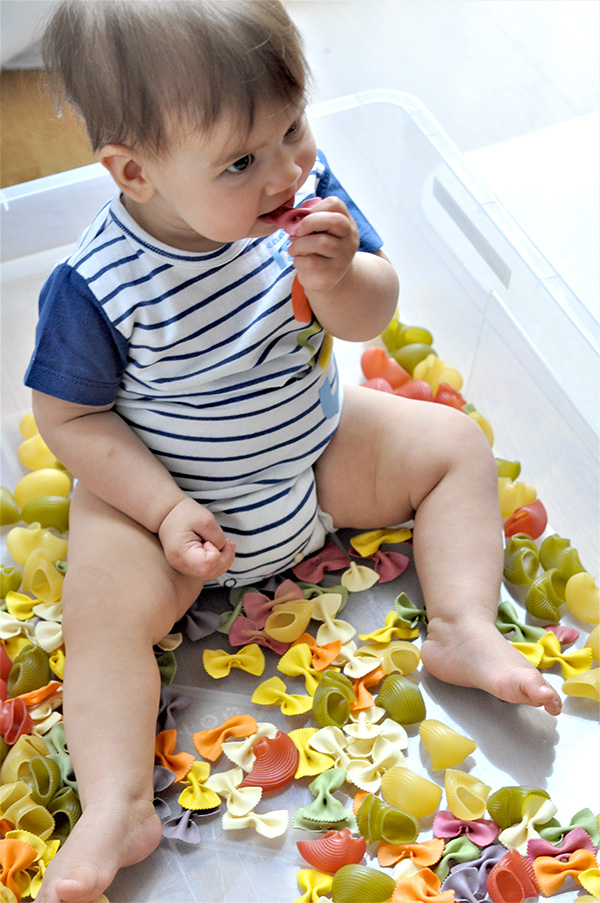
Babies readily reach for things that aren't toys at all, especially if they frequently see them in their parents' hands. Let them (under supervision, of course) explore their home space, experience different textures, and put safe objects in their mouths – the highly sensitive area around their mouths is the best source of information for little ones about the structure, material, shape, and temperature of an object. Bottles filled with peas or rice, sensory bags with various fillings, squishy balloons made of colorful balloons, balloons with sequins or seeds, bottles filled with water with swirling elements, wooden spoons and bowls, soap bubbles, sponges, washcloths, pillows, blankets, cardboard boxes, and boxes – these are what little ones love the most.
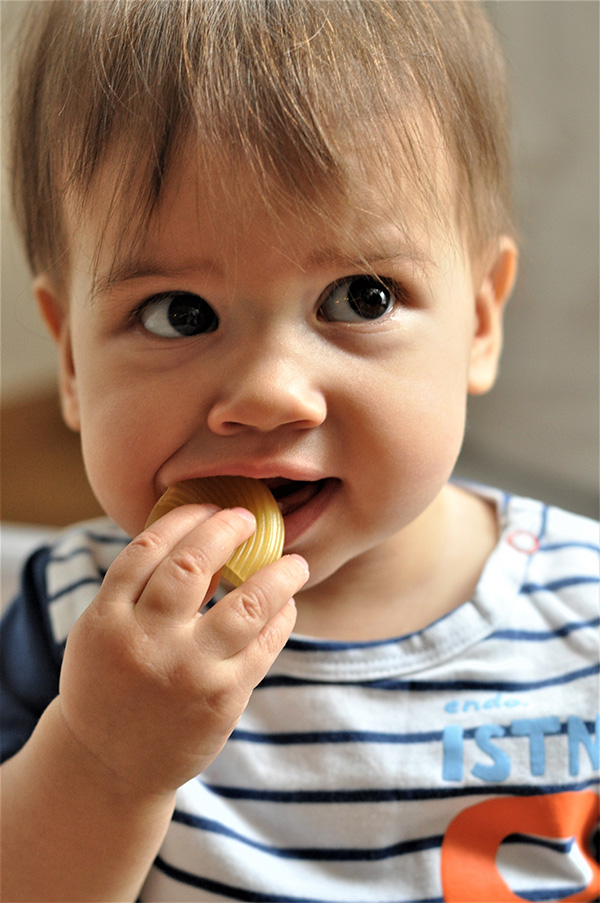
How to support your baby's development - Take care of the most important senses
Few people know that in addition to the basic five senses – hearing, sight, taste, smell and touch – we also have a sense of balance (called vestibular) and a sense of depth (proioception).
Which of these are most important in a young child's development? Balance, sensory perception, and touch. Unfortunately, toddlers often don't receive adequate stimulation in these three areas, instead being exposed to too much visual and auditory stimulation.
When offering our children play activities, we should strive to satisfy their sensory appetite comprehensively, incorporating a little of all their senses into our activities. Our children should be our guides, showing us what they like, what they enjoy, and what they definitely avoid. Toddlers should experience a variety of stimuli, but remember to stimulate only one or two senses at a time.
Clown "Sweet Creature"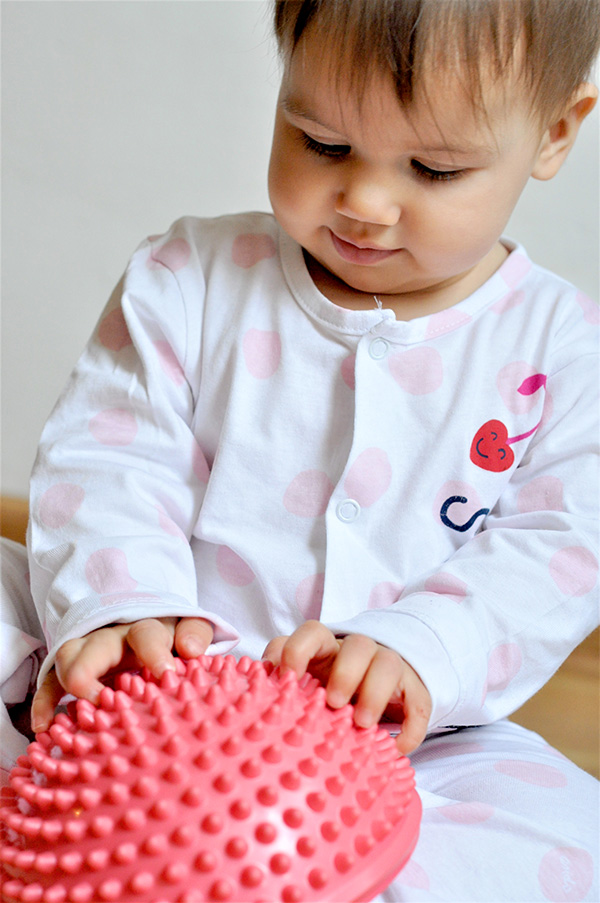
What to play with a baby?
Below are some sample games and tips for stimulating individual senses in young children.
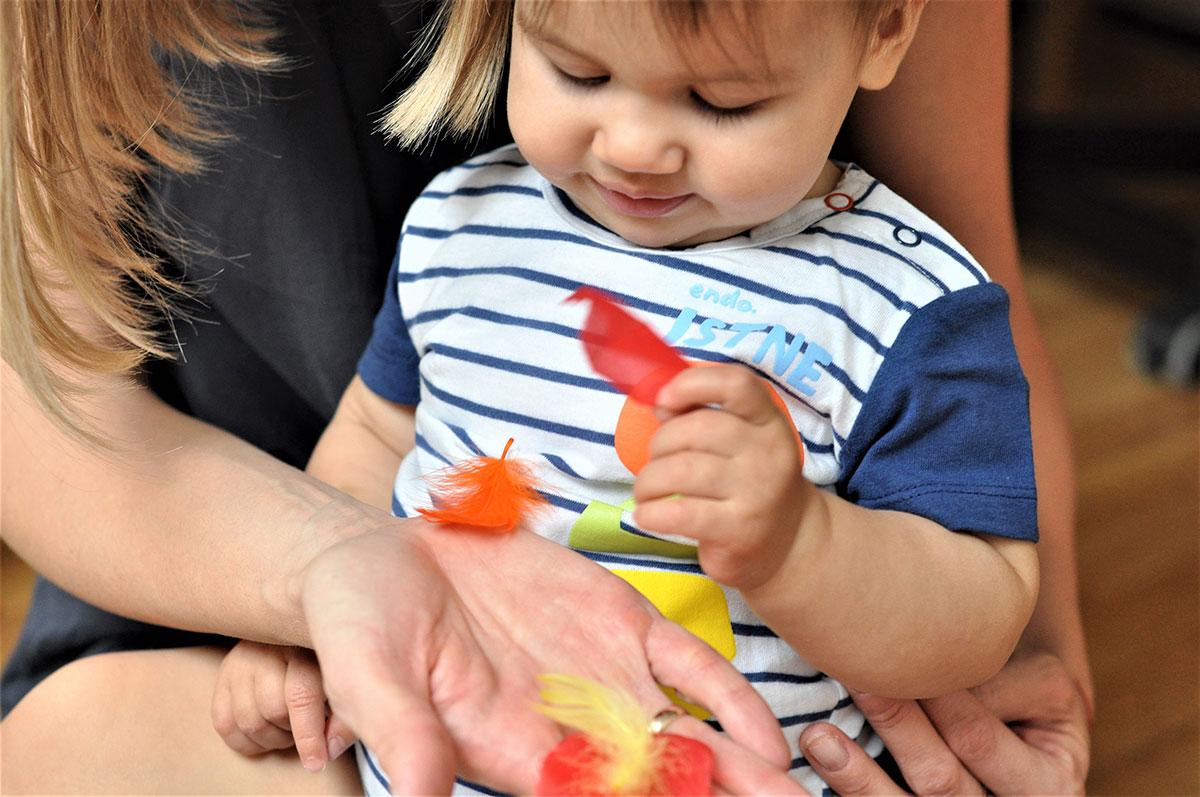
Touch
Massaging babies, sensory-touch books, lying on a hard surface on the tummy with the opportunity to touch different textures and materials (soft, hard, sticky, furry, cold, warm, etc.).
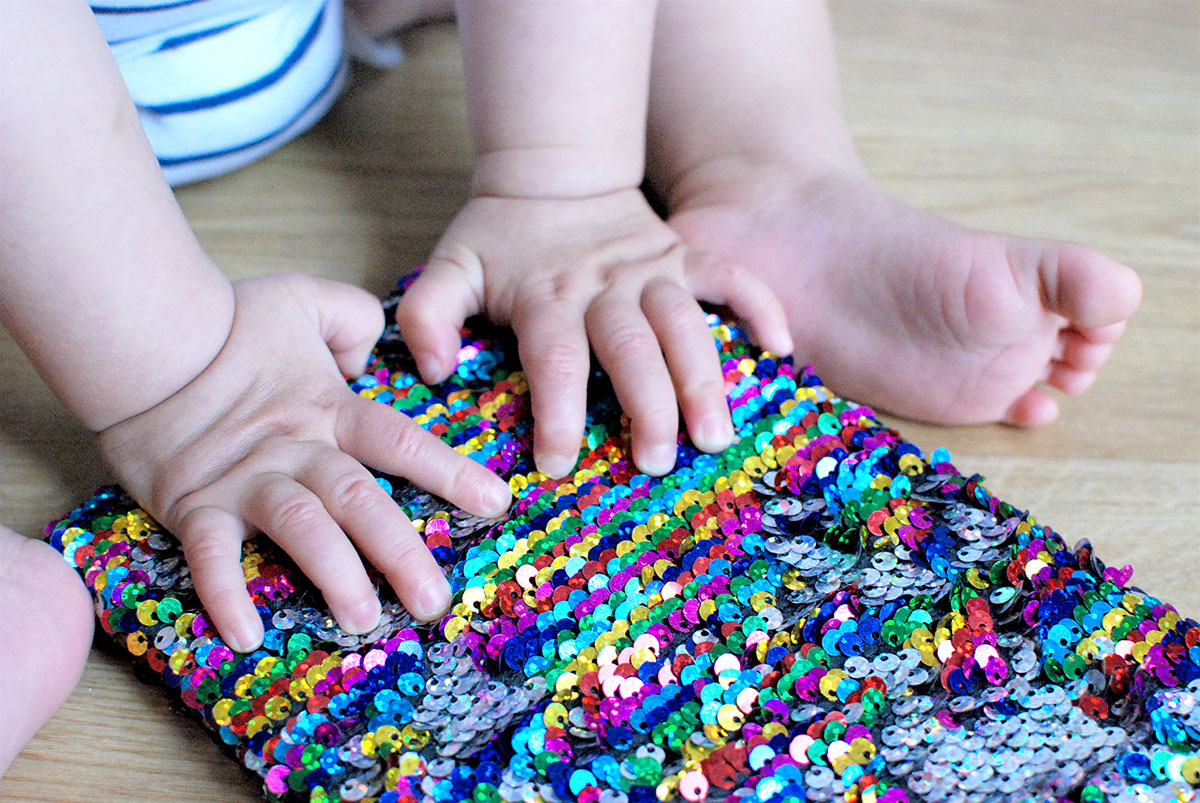
Deep feeling
Babywearing (woven wrap, well-chosen tie and properly tied), cuddling, romping, and exercising.
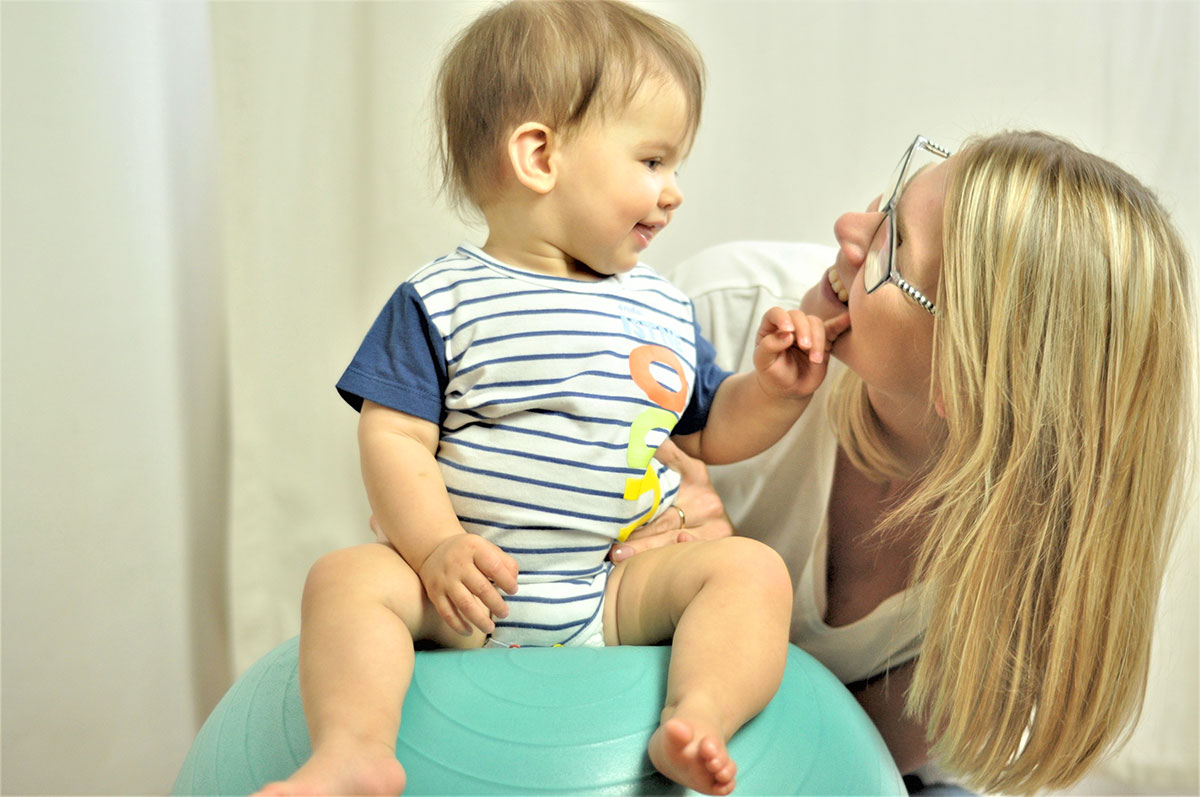
Vestibule/balance
Rocking in your arms, rocking in a cradle, hammock or swing, playing airplane, rocking on your knee.
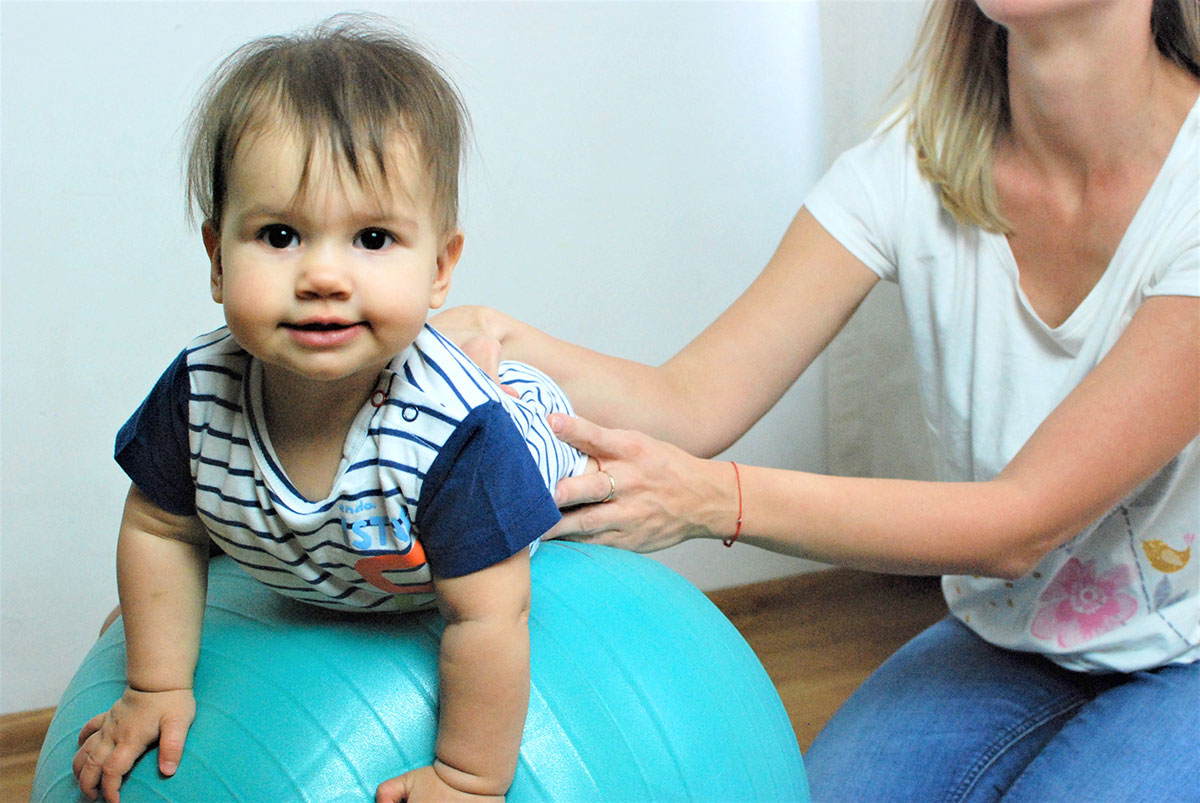
Hearing
Talking, singing and reading to your child, playing calm, pleasant music, imitating animal sounds, playing with a rattle or bell.
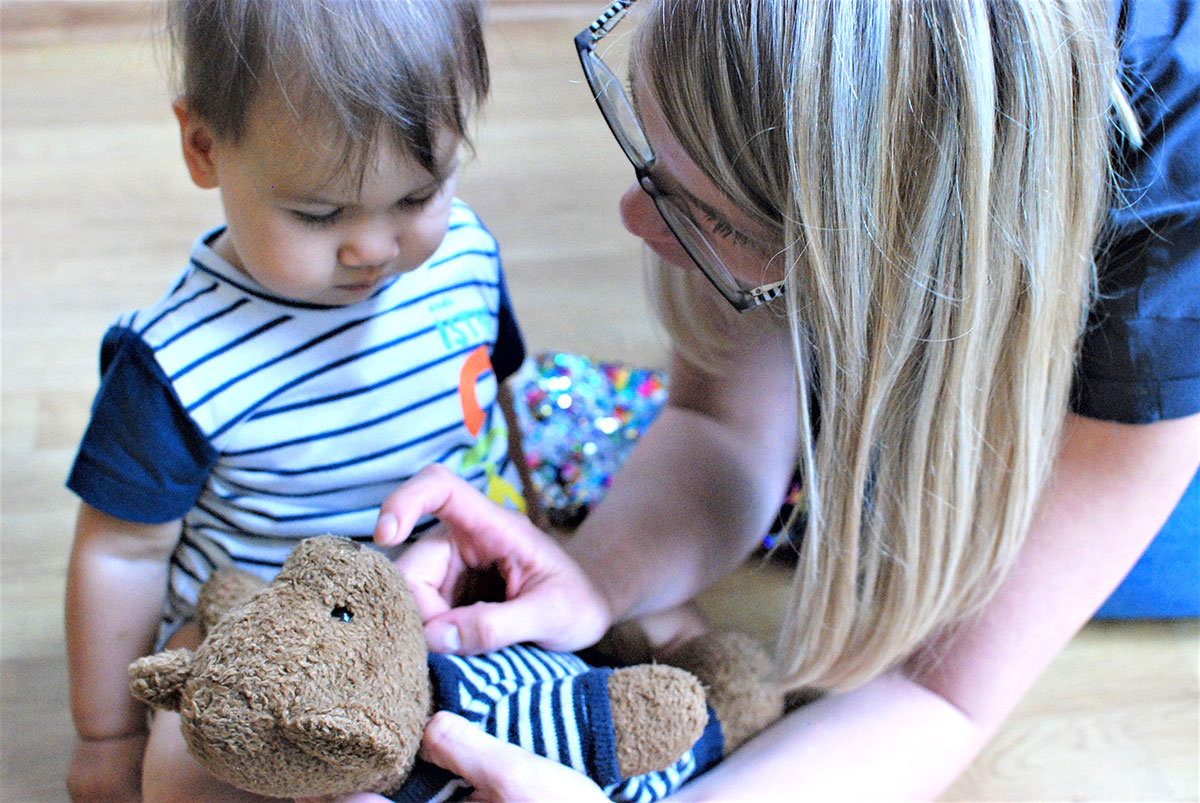
Sight
Looking at high-contrast books together, blowing soap bubbles, following the light of a flashlight with your eyes, playing with a balloon.
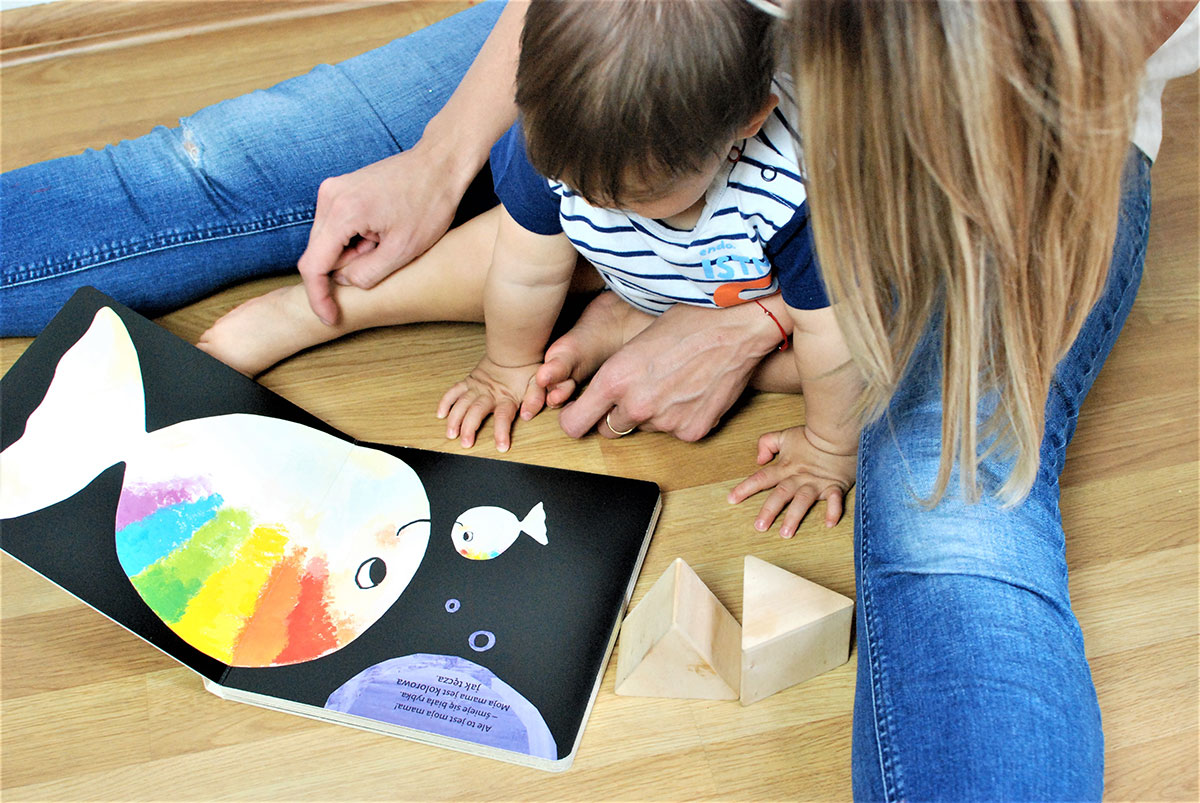
Smell
Drawing the child's attention to smells (in the case of infants, mainly natural ones), encouraging them to smell spices or food products.
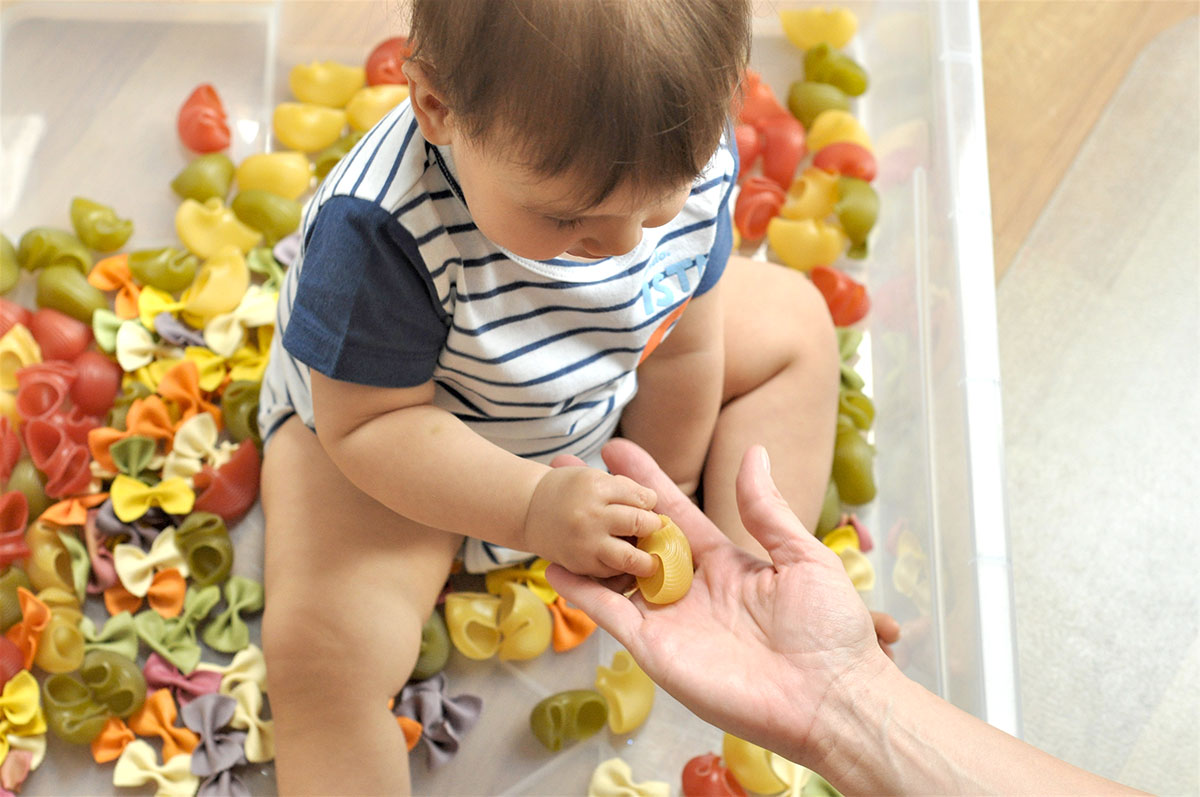
Taste
Introducing different flavors into a toddler's diet, the BLW diet (Bobas Lubi Wybór).
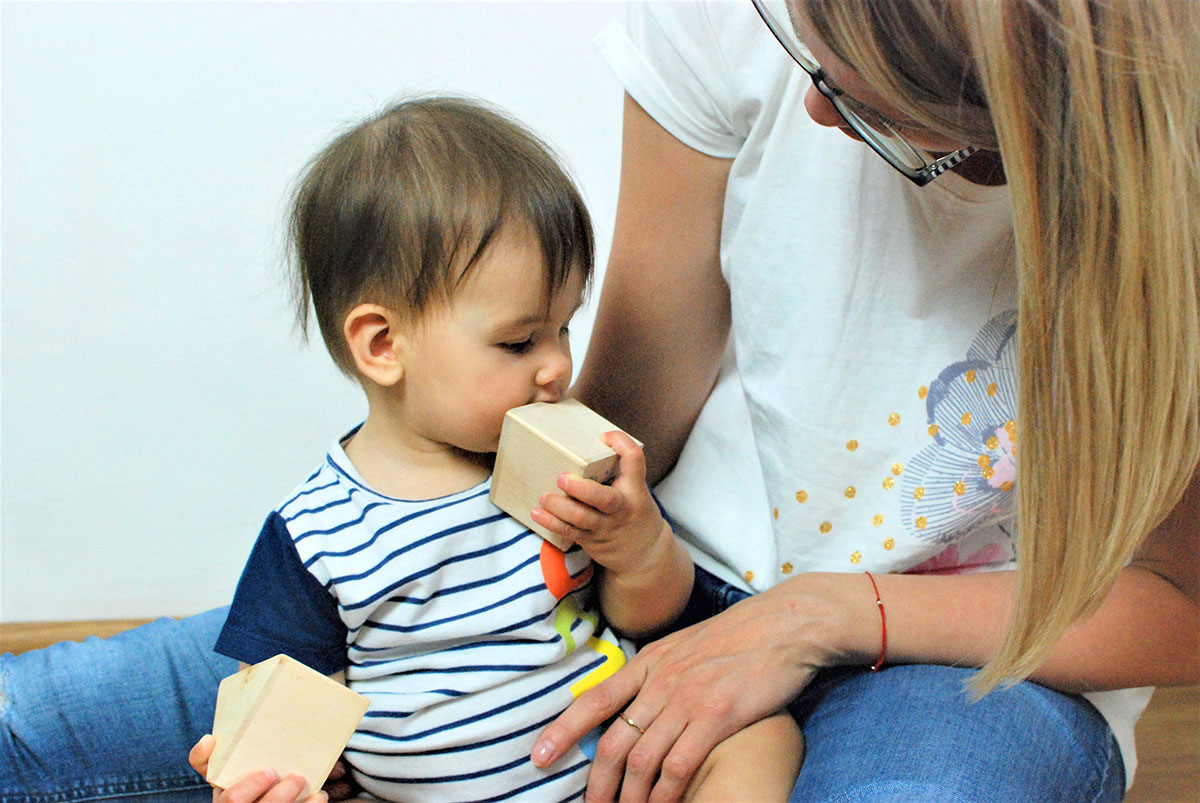




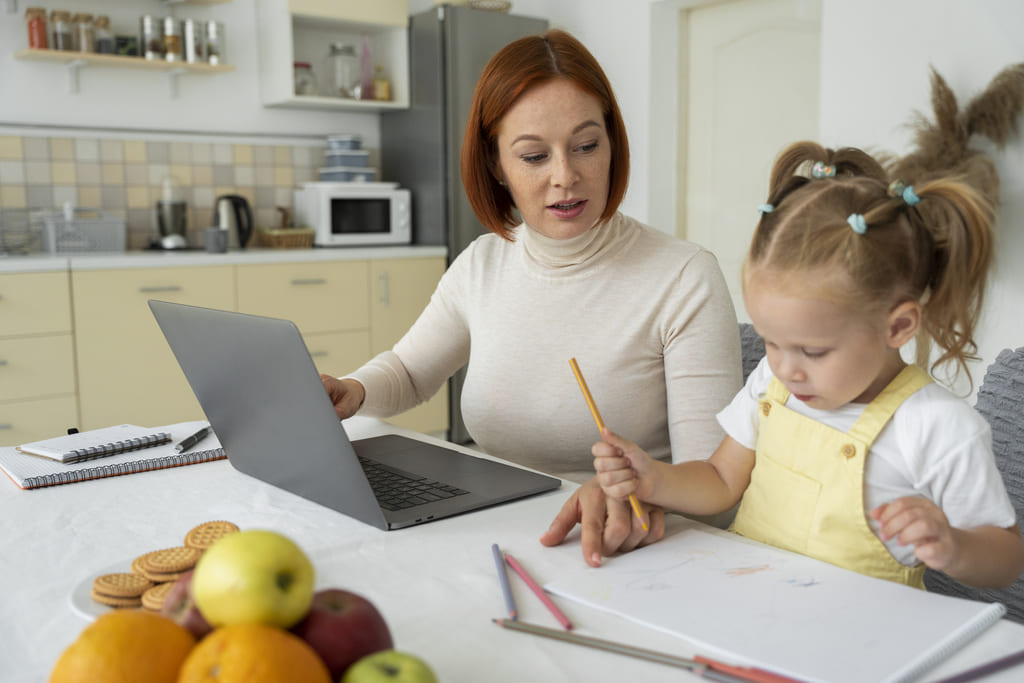
Podziel się:
How to draw a spider
Koala: Drawing for Kids